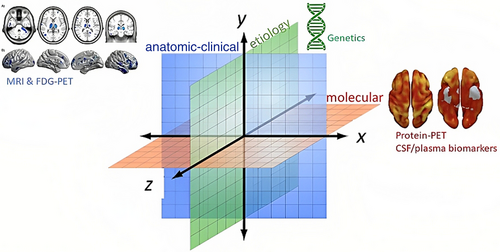We have previously proposed a radical change in the current strategy to clear pathogenic proteins from the central nervous system (CNS) based on the cerebrospinal fluid (CSF)-sink therapeutic strategy, whereby pathogenic proteins can be removed directly from the CNS via CSF. To this aim, we designed and manufactured an implantable device for selective and continuous apheresis of CSF enabling, in combination with anti-amyloid-beta (Aβ) monoclonal antibodies (mAb), the clearance of Aβ from the CSF. Here, we provide the first proof of concept in the APP/PS1 mouse model of Alzheimer’s disease (AD). Devices were implanted in twenty-four mice (seventeen APP/PS1 and seven Wt) with low rates of complications. We confirmed that the apheresis module is permeable to the Aβ peptide and impermeable to mAb. Moreover, our results showed that continuous clearance of soluble Aβ from the CSF for a few weeks decreases cortical Aβ plaques. Thus, we conclude that this intervention is feasible and may provide important advantages in terms of safety and efficacy. View Full-Text


